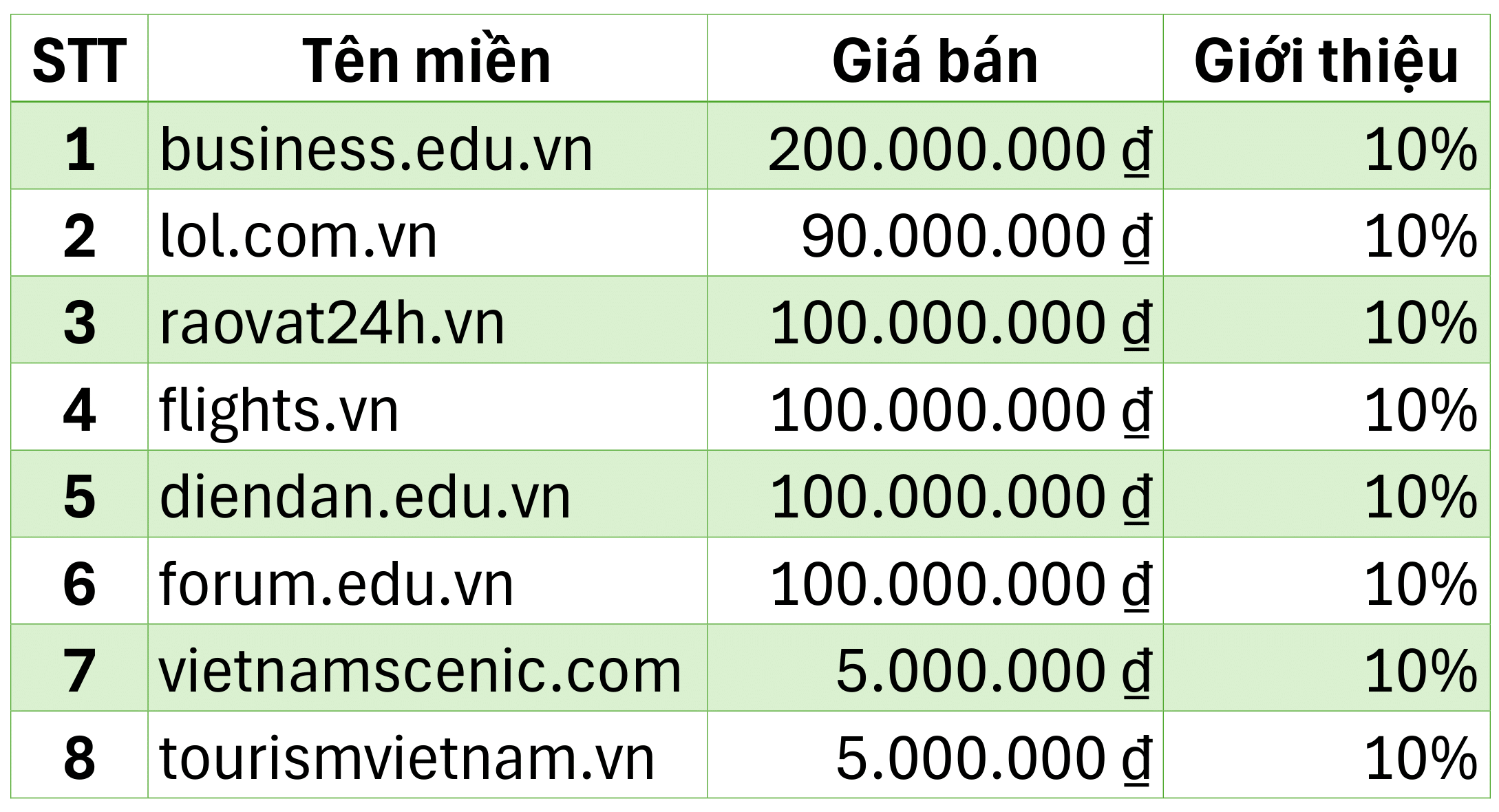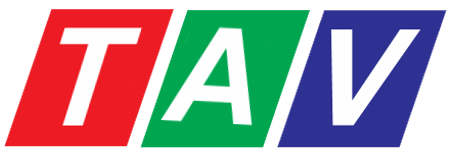haibiettuot
Nhân Viên
Seaweed has long been celebrated in various cultures as a nutritious and versatile food. Packed with vitamins, minerals, and antioxidants, seaweed can provide numerous health benefits. However, when it comes to feeding this ingredient to infants, many parents ask the important question: can babies eat seaweed? This article aims to provide a comprehensive overview of the benefits, potential risks, and best practices for introducing seaweed to your baby’s diet.
Nutritional benefits of seaweed for babies
 Seaweed is a powerhouse of essential nutrients that can support healthy growth in babies. It is particularly rich in iodine, a mineral critical for thyroid gland function, which regulates metabolism and supports brain development. Adequate iodine intake during infancy is essential for cognitive development and overall health.
Seaweed is a powerhouse of essential nutrients that can support healthy growth in babies. It is particularly rich in iodine, a mineral critical for thyroid gland function, which regulates metabolism and supports brain development. Adequate iodine intake during infancy is essential for cognitive development and overall health.
In addition to iodine, seaweed contains calcium, which is important for building strong bones and teeth. It also provides iron, which helps in the formation of red blood cells and prevents anemia. Vitamins A, C, and K found in seaweed contribute to eye health, immune function, and blood clotting respectively. The presence of antioxidants in seaweed helps combat free radicals, which can damage cells and slow development.
Seaweed also contains dietary fiber, which can promote a healthy digestive system by aiding bowel movements and preventing constipation—a common issue in infants transitioning to solid foods.
Potential risks and considerations when feeding seaweed to babies
 Despite its many benefits, seaweed should be introduced cautiously into a baby’s diet. One of the main concerns is the high iodine content found in many types of seaweed, especially kelp. While iodine is essential, too much can be harmful and potentially disrupt thyroid function. Infants have a delicate balance of nutrients, and excessive iodine intake can lead to thyroid disorders or developmental issues.
Despite its many benefits, seaweed should be introduced cautiously into a baby’s diet. One of the main concerns is the high iodine content found in many types of seaweed, especially kelp. While iodine is essential, too much can be harmful and potentially disrupt thyroid function. Infants have a delicate balance of nutrients, and excessive iodine intake can lead to thyroid disorders or developmental issues.
Another risk factor is contamination. Seaweed harvested from polluted waters can contain heavy metals such as arsenic, cadmium, and mercury, which are toxic especially to babies. Microplastics have also been detected in some seaweed varieties, raising additional safety concerns.
Furthermore, seaweed's texture can be chewy or tough, making it difficult for babies to chew or digest properly. This increases the risk of choking if seaweed is served in large pieces or not prepared appropriately. Allergic reactions, although rare, are possible, so monitoring for any adverse symptoms after the first serving is important.
Finally, many commercially available seaweed snacks contain added salt, sugar, or flavor enhancers, all of which are unsuitable for babies and can be harmful to their kidneys and overall health.
When and how to safely introduce seaweed to your baby
 Pediatricians generally recommend introducing seaweed only after your baby is around 8 to 10 months old, when their digestive system is more developed. Before introducing seaweed, it’s best to discuss this with your healthcare provider, especially if your baby has a history of allergies or thyroid issues.
Pediatricians generally recommend introducing seaweed only after your baby is around 8 to 10 months old, when their digestive system is more developed. Before introducing seaweed, it’s best to discuss this with your healthcare provider, especially if your baby has a history of allergies or thyroid issues.
Start with a very small amount of seaweed—such as a pinch of powdered seaweed or a tiny flake—mixed into your baby’s regular pureed foods like rice, mashed vegetables, or soups. This helps your baby get used to the taste and texture without overwhelming their palate or digestive system.
Choose seaweed products that are specifically labeled as safe for babies or children, ideally organic and tested for heavy metals and contaminants. Avoid giving dried seaweed snacks or sheets, which may be too salty or pose a choking hazard.
Observe your baby closely after the first introduction for any signs of allergic reaction such as rash, swelling, vomiting, or diarrhea. If any symptoms appear, discontinue seaweed and consult your pediatrician immediately.
Seaweed and iodine: finding the right balance
 Because iodine content varies greatly between different types of seaweed, it is important to select the right kind and quantity. Nori, a common seaweed used in sushi, tends to have lower iodine levels compared to kelp or wakame. This makes nori a safer option for babies.
Because iodine content varies greatly between different types of seaweed, it is important to select the right kind and quantity. Nori, a common seaweed used in sushi, tends to have lower iodine levels compared to kelp or wakame. This makes nori a safer option for babies.
Limiting seaweed intake to small amounts a few times a week is generally recommended to avoid excess iodine. Remember that babies also get iodine from breast milk or formula, so balance is key.
Conclusion
To answer the question, can babies eat seaweed, the response is yes—but with important precautions. Seaweed can be a nutritious addition to your baby’s diet, offering essential vitamins, minerals, and fiber that support growth and development. However, due to the risks associated with high iodine levels, possible contamination, and choking hazards, it is vital to introduce seaweed carefully and in moderation.
Consult your pediatrician before adding seaweed to your baby’s meals, choose high-quality and safe seaweed products, and start with small amounts. By following these guidelines, seaweed can become a healthy and tasty part of your baby’s growing diet.
View more information at: AKFOOD
Nutritional benefits of seaweed for babies

In addition to iodine, seaweed contains calcium, which is important for building strong bones and teeth. It also provides iron, which helps in the formation of red blood cells and prevents anemia. Vitamins A, C, and K found in seaweed contribute to eye health, immune function, and blood clotting respectively. The presence of antioxidants in seaweed helps combat free radicals, which can damage cells and slow development.
Seaweed also contains dietary fiber, which can promote a healthy digestive system by aiding bowel movements and preventing constipation—a common issue in infants transitioning to solid foods.
Potential risks and considerations when feeding seaweed to babies

Another risk factor is contamination. Seaweed harvested from polluted waters can contain heavy metals such as arsenic, cadmium, and mercury, which are toxic especially to babies. Microplastics have also been detected in some seaweed varieties, raising additional safety concerns.
Furthermore, seaweed's texture can be chewy or tough, making it difficult for babies to chew or digest properly. This increases the risk of choking if seaweed is served in large pieces or not prepared appropriately. Allergic reactions, although rare, are possible, so monitoring for any adverse symptoms after the first serving is important.
Finally, many commercially available seaweed snacks contain added salt, sugar, or flavor enhancers, all of which are unsuitable for babies and can be harmful to their kidneys and overall health.
When and how to safely introduce seaweed to your baby

Start with a very small amount of seaweed—such as a pinch of powdered seaweed or a tiny flake—mixed into your baby’s regular pureed foods like rice, mashed vegetables, or soups. This helps your baby get used to the taste and texture without overwhelming their palate or digestive system.
Choose seaweed products that are specifically labeled as safe for babies or children, ideally organic and tested for heavy metals and contaminants. Avoid giving dried seaweed snacks or sheets, which may be too salty or pose a choking hazard.
Observe your baby closely after the first introduction for any signs of allergic reaction such as rash, swelling, vomiting, or diarrhea. If any symptoms appear, discontinue seaweed and consult your pediatrician immediately.
Seaweed and iodine: finding the right balance

Limiting seaweed intake to small amounts a few times a week is generally recommended to avoid excess iodine. Remember that babies also get iodine from breast milk or formula, so balance is key.
Conclusion
To answer the question, can babies eat seaweed, the response is yes—but with important precautions. Seaweed can be a nutritious addition to your baby’s diet, offering essential vitamins, minerals, and fiber that support growth and development. However, due to the risks associated with high iodine levels, possible contamination, and choking hazards, it is vital to introduce seaweed carefully and in moderation.
Consult your pediatrician before adding seaweed to your baby’s meals, choose high-quality and safe seaweed products, and start with small amounts. By following these guidelines, seaweed can become a healthy and tasty part of your baby’s growing diet.
View more information at: AKFOOD


 Vận hành bởi Trương Anh Vũ®
Vận hành bởi Trương Anh Vũ®